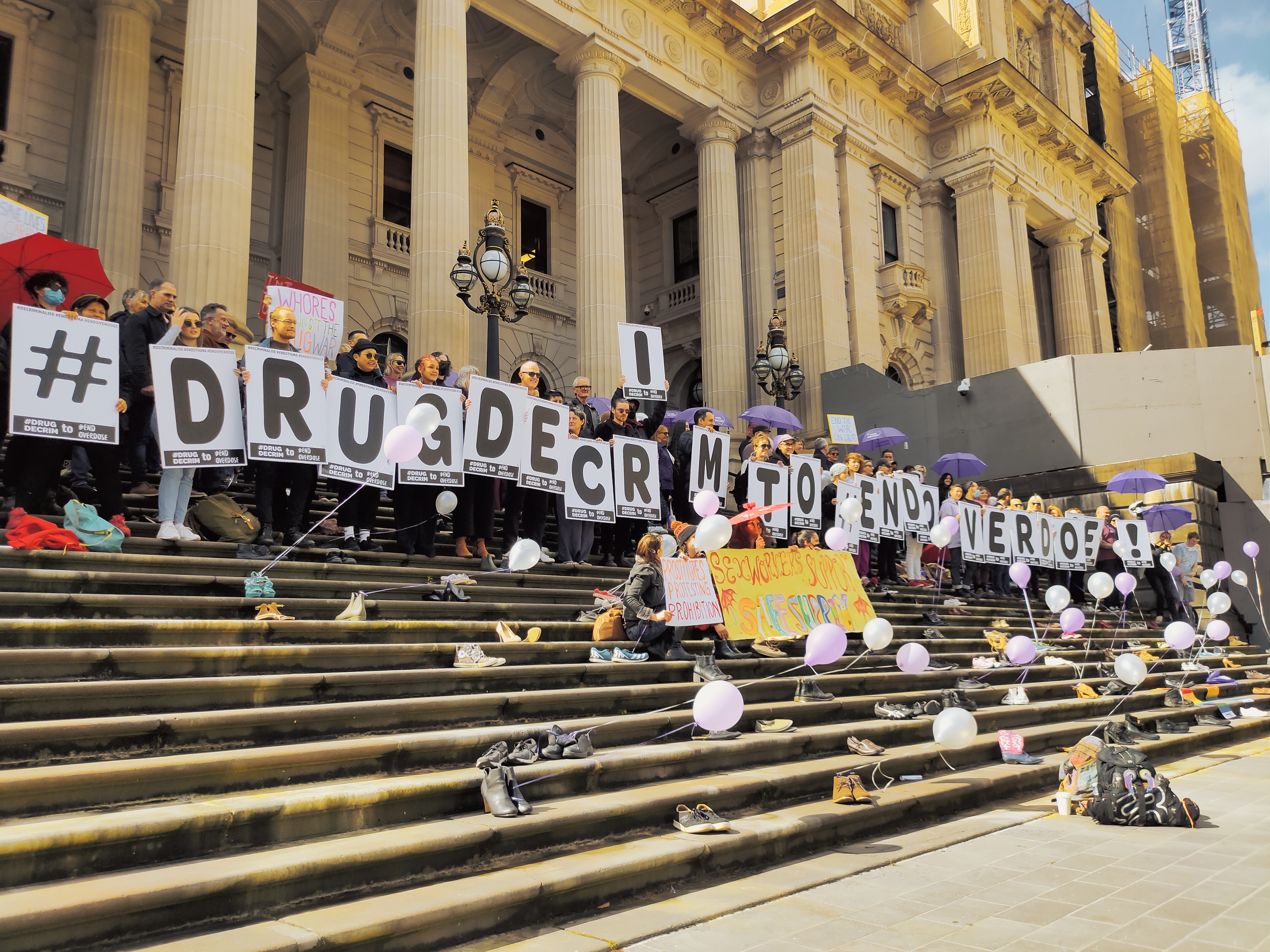
Acknowledgement of Country//
Headlines//
Shannon Kilmartin-Lynch, is a Vice-Chancellors Indigenous Pre-Doctoral research fellow. He joins us today to speak on how engineers at RMIT developed a method to use disposable personal protective equipment (PPE) to make concrete stronger, providing an innovative way to significantly reduce pandemic-generated waste.//
Melissa Fisher is an anti poverty advocate on income support payments, who joins us to discuss the Albanese government's inaction on poverty and what needs to change to improve the lives of people on social security in Australia. Melissa and Priya are members of the Antipoverty Centre - follow them here on Twitter to keep up to date about the national day of action on poverty to be held on October 17th, the International Day for the Eradication of Poverty.//
We listen back to Marisa from 3CR's Doin' Time show interviewing Kieran Pender, Senior Lawyer at Human Rights Law Centre, who gives listeners a breakdown of the anti-protest bill that passed Tasmania's Upper House on 25 August, 2022. Kieran highlights the nationwide trend, following the passing of similar bills in VIC and NSW in recent months, that erodes democracy through attacks on protest rights. Catch Doin' Time on 3CR on Mondays from 4-5PM.//
Content warning: drug use, Aboriginal deaths in custody//
We hear a compilation of voxpops from the International Overdose Awareness Day (August 31) 2022 event organised by Harm Reduction Victoria, which was held on the steps of Parliament House. We also hear a selection of sounds and speeches from a side demonstration by peers at the Australian Federal Police Headquarters in Naarm's CBD demanding the safe release of confiscated heroin to be incorporated and used in safe supply programs. Our thanks to Kelly Whitworth for these recordings.//
Harm Reduction Victoria provide free online Overdose Response and Naloxone Training on the 1st of every month with a free Naloxone Kit provided to each participant. Find more information here.//
Zara Page is a Phd candidate at the University of New South Wales. After graduating with First Class Honours and a major in Neuroscience, she is currently conducting research exploring the fairness of cognitive assessments for culturally and linguistically diverse Australians. Adults from CALD backgrounds make up about 30% of the Australian population aged 65 years and above, yet remain underrepresented in dementia research. Today Zara joins us to speak about her recent work with the Centre for Healthy Brain Ageing (CHeBA) and the CogSCAN analysis that aims to improve the diagnosis of Mild Cognitive Impairment and dementia in CALD individuals. You can participate as a volunteer in the study here.//
Emily, Inez, Leila, Priya